According to many economists, Donald Trump’s plan to cut taxes, increase defence spending, deport millions of ‘illegal’ migrants, and slap higher tariffs on all imports would be more likely to raise retail prices, lead to a surge in inflation, and shrink the U.S. GDP. They suggest it would also lead to much higher levels of government debt, currently standing at $36 trillion.
According to the Committee for a Responsible Federal Budget’s analysis, that was made before the election, if Harris won her plan would increase the nation’s debt by $3.5 trillion over the next 10 years. If Trump got re-elected his spending spree would increase the national debt by $7.5 trillion over the next decade.
Economists who back Trump’s plan argue that tax cuts will boost investment as well as business and consumer spending, grow the economy, pour higher tax receipts into the treasury, and shrink the national debt. (Supply side economics)
However Karen Dynan, a former U.S. Federal Reserve official now an economist at Harvard University, told the Financial Times;
The economy is pretty solid. We’re getting much closer to normal inflation and nothing suggests the labor market is in a worrisome spot.
Cutting taxes in this environment and giving more money to consumers would lead to an overheating and rekindle inflation.
Migrants
Trump’s plans to deport illegal migrants would leave shortages in the labour pool. Big business encourages immigration for the cheap pool of labour they provide, as well as keeping down wages of American workers. A reversal could see wages rise, whilst a good thing for workers, is also an inflationary pressure which would lead to price rises especially in the food sector. Mass deportations of millions would also lead to huge social dislocation and upheaval and be met with a lot of resistance.
Tax Cuts
Prudently, any plan cutting taxes should be met with cuts to government spending. Otherwise the Treasury will be forced to borrow more and this would in turn force up interest rates. Interest rate rises will impact on prices, such as mortgages, car loans, student loans, credit cards. This is Elon Musk’s role to find those cuts.
The promised third is high and could tip the US into recession and increase welfare payments for unemployed government workers forcing the US government to borrow even more from its foreign creditors. This again would be inflationary as the US would have to keep interest rates higher to attract foreign buyers of US government debt.
Tariffs
Trump promises MAGA. A key part of this is a return to American manufacturing by protecting US manufacturers with competition from China and elsewhere. Trump is looking at a levy as high as 20% on all imports (including US allies such as the EU, Japan and South Korea) and as high as 60% on imports from China.
This is supposedly to go hand in hand with rebuilding the infrastructure for a self sustaining economy. Such spending is also inflationary.
However, despite the pandemic, we still live in a global supply chain. Most US companies rely on cheap manufactured products from China. Look at Apple which outsources most of its I phone production to Chinese factories making huge profits for the company. Whether this is components, parts or materials. Most big American companies with a presence in China have declared plans to increase their investments in China over the next few years.
If Trump initiates trade war 2.0 with China it would mean the end of cheap goods at Walmart, Amazon etc. This will come as a big shock to American workers who would see a huge increase in prices for the billions of dollars worth of consumer goods they purchase which are made in China.
Also, we must remember when Trump initially put tariffs on China, China retaliated by putting tariffs on American agricultural goods. The US grain market collapsed and there was a $28 billion bail out for American agriculture enacted. Retaliation is always an option.
Unfortunately we have been down these trade wars in history. We should never forget how the Smoot-Hawley Tariff Act of 1930 was a major cause of the 1930s economic depression in the US and by consequence the rest of the world. The global economic depression being one of the major causes of World War 2.
Trump wants a cheap dollar and low interest rates. However these things are decided on by the Fed. Trump’s plan to ‘End the Fed’ I’m sure will come to nothing. They are in charge on this matter, though they may consult.
Military Spending
We know Trump likes to drop bombs so we are likely to see a rise in spending for the military. Even if Ukraine and Middle East situations settle the US still needs to replenish its weapons inventories for what has been sent and continue its preparations for a future war against China. Military spending by it’s very nature is highly inflationary.
To conclude, tariffs have done more much harm because China dominates global manufacturing and the U.S. could not instantly replace products tagged with high tariffs. Consumer prices would rapidly rise as importers pass the cost of tariffs to consumers. So I think yes, Trump’s policies are likely to lead to a wave of much higher inflation.
However, the US has had an over reliance on the rest of the world and a rebalance is needed. In the long run the US does need to be more self sustaining. Inflationary investment in infrastructure and education is needed.
The US has all the qualities to be a world leader, not a world pariah.
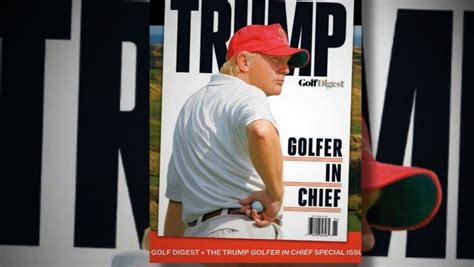
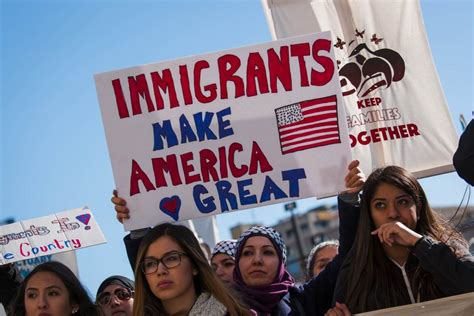
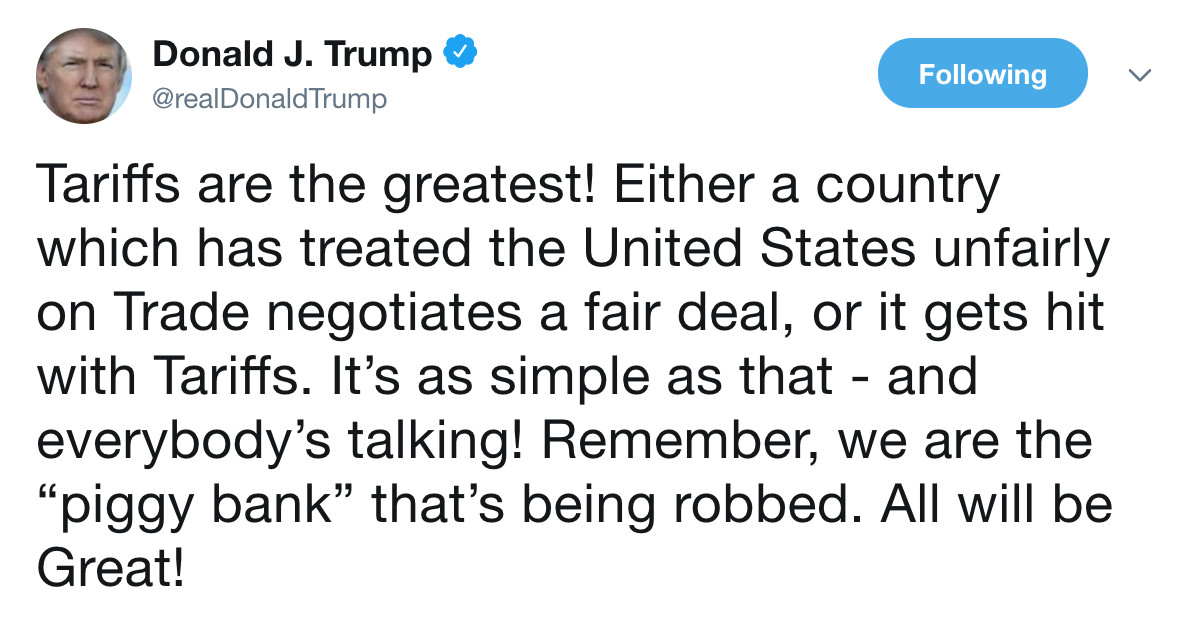
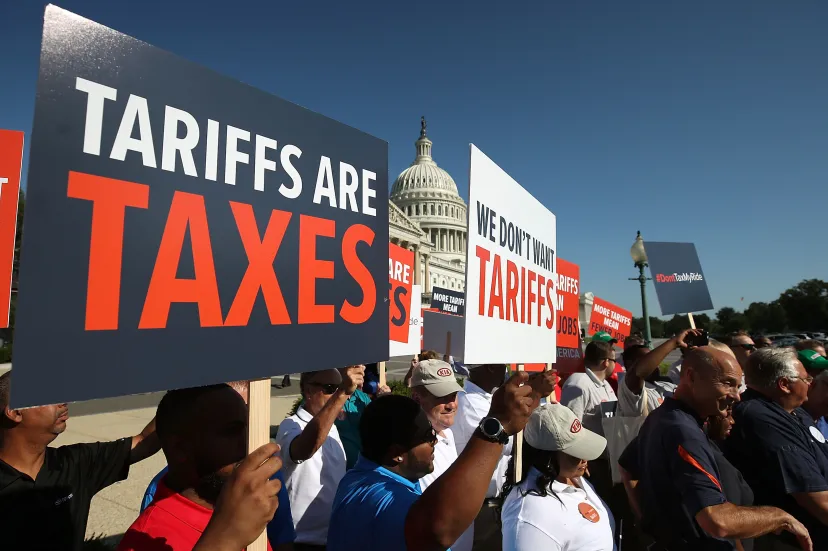
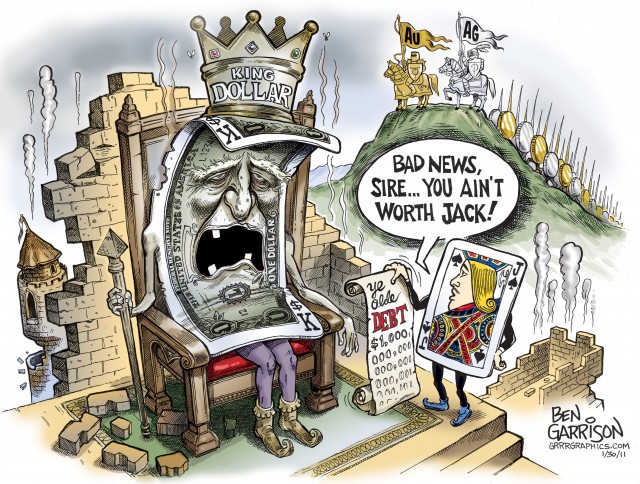
Yes.